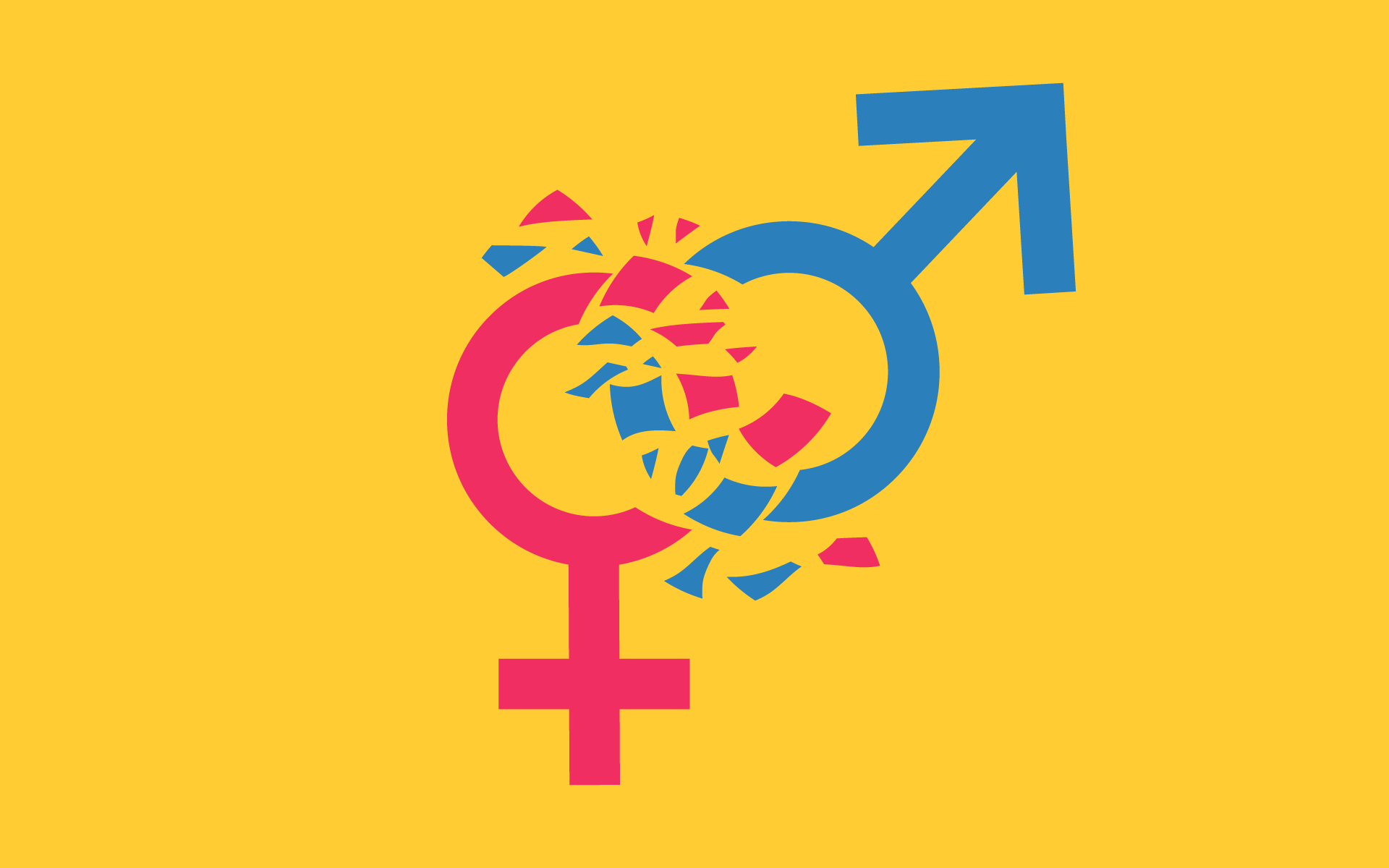Grace Jones, Boy George, David Bowie, and Annie Lennox were my people, when everybody else seemed to have rejected me. Coming out as gay in the Eighties, extremely hetero-normative times, was brutal for many of us. Straight people would openly say that gay people were disgusting.
We were considered deviant and even dangerous. This rejection was extra hard for anyone who had built their teens on being accepted, to whom fitting in and being liked were everything.
Boy George, founder and lead singer of Culture Club, gave me my first taste of someone publicly embracing their otherness. This was a time when the concept of queer identity was not acknowledged, certainly not celebrated. I was at high school and a few of us were nervously starting to talk about our emerging and scandalous sexual identities.
How we loved those videos of Boy George bouncing around in glorious, colourful campness, his handsome boyfriend, the band’s co-founder Jon Moss, drumming away in the background.
Boy George was proud and he was playful. His success suggested that one could be out and happy at a time when all the forces around us told us to keep our shameful secret to ourselves, or face a miserable, lonely existence.
Coming out felt dangerous. It still is for many. The risks go well beyond rejection.
Boy George’s playful defiance revealed a vulnerability alongside his courage, which struck a chord with many of us struggling to contain our own demons.
You could see that breaking the rules was hard sometimes, that crafting a new world where those rules didn’t apply wasn’t all fun and games.
Then came — drum roll, please — Grace.
Slave to the Rhythm and Pull Up to the Bumper hardly sound like dance songs now, but they got us onto the dancefloor.
Maybe it was a kind of protest. Idolising Grace Jones, in all her black, shiny, bold, androgynous sexiness, was a rejection of the suffocating world of white male-dominated South Africa.
How I loved Grace. She didn’t just bend gender norms, she crushed them under her high-heeled thigh-high boots, with a deep laugh and a naughty wink.
She was a living, singing, dancing, purring affirmation that I could just be me, at a time when I was starting to suspect that being gay was not just a “stage”, but a lifelong condition.
David Bowie was another star on my soundtrack of self-discovery. Transcending the binary long before the rest of us even had a name for it, he refused to conform to anyone else’s idea of perfect.
He showed that being straight or gay wasn’t the important thing, being authentic was. He created space for exploration.
His music seemed to shout: Take your time, find your own way, just be you.
Bowie’s playful embrace of fluidity and reinvention was liberating.
It was so comforting and cool to see my own, deeply confronting experience of not fitting neatly into a box in the heteronormative world reflected in popular culture.
I can’t think of the soundtrack of my coming out without mentioning Annie Lennox.
I loved her cropped hair, sharp suits and rebellious attitude but to be honest, that was probably just a crush.
At a time when it often felt like the walls were closing in, the music of Grace Jones, David Bowie, Boy George, and Annie Lennox helped me to bust out of the straitjacket of shame and fear.

Leave a Reply